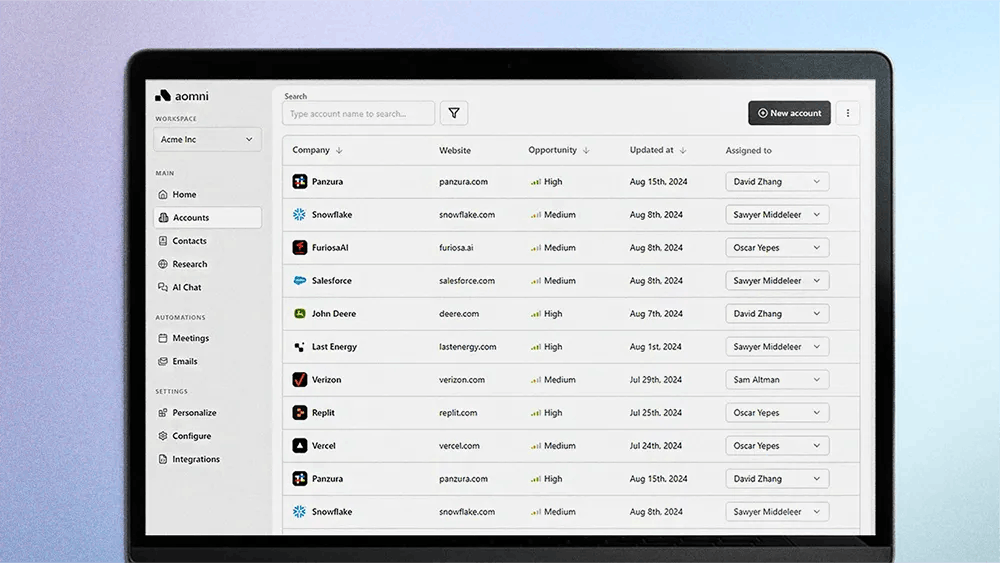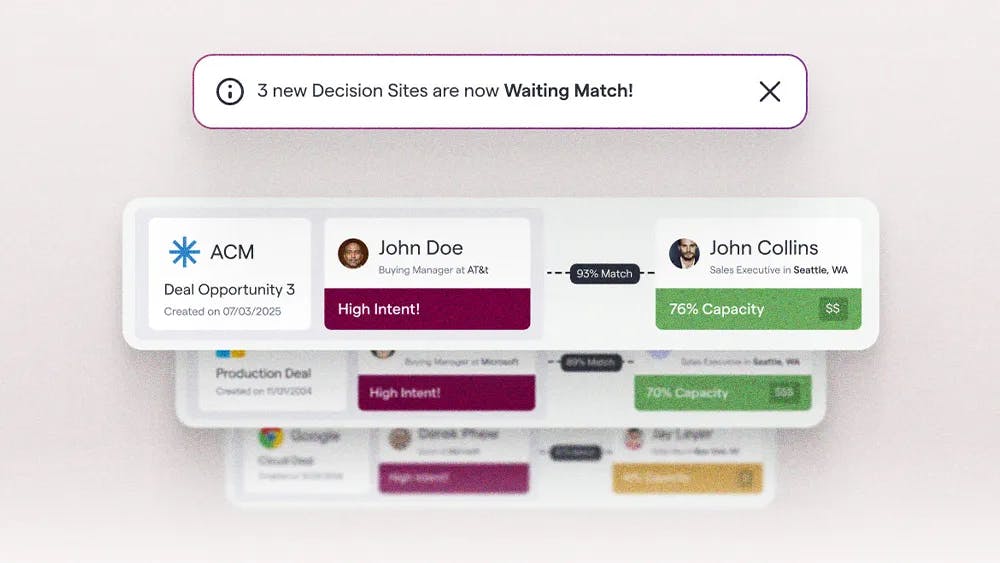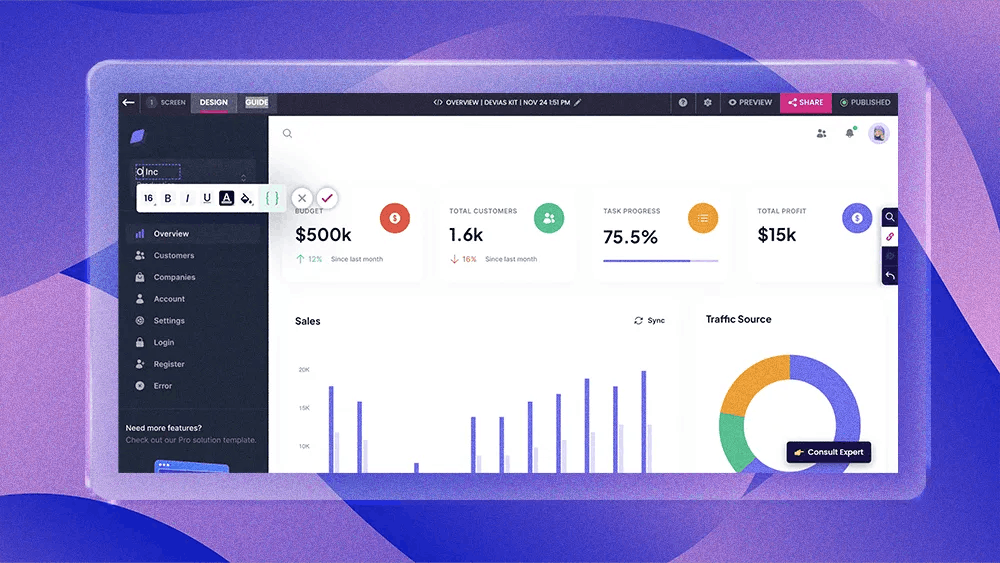Apple’s policy has been a massive tax on the creator economy. It’s forced companies like Cameo, Patreon, and OnlyFans—which are a big part of how people make money online—to shift resources away from our apps and double down on the web. We just couldn’t justify investing heavily in the app experience.
The recent ruling against Apple, which found it had built a de facto monopoly over in-app service sales, may mark a turning point for tech platforms. But for some companies, the uphill battle with Apple has already taken a toll that will be difficult to reverse.
Steven Galanis, Co-Founder and CEO of Cameo, believes the consequences for companies are just one part of the story. The real impact, he argues, is on the creator economy—and it may take years to recover.
Stifling creation: “Apple’s policy has been a massive tax on the creator economy,” Galanis explains. “It’s forced companies like Cameo, Patreon, and OnlyFans—which are a big part of how people make money online—to shift resources away from our apps and double down on the web. We just couldn’t justify investing heavily in the app experience.”
A marketplace where fans and brands book personalized video messages from popular figures in sports and entertainment, Cameo relies on direct-to-fan monetization. But under Apple’s fee structure, Galanis notes, the app channel became economically unworkable for creators.
“A lot of our talent didn’t want to shoot videos through the app,” he points out. “From the customer’s point of view, the price was the same, but creators were taking home 30% less.”
Physical vs. digital goods: The core issue, Galanis contends, is how Apple chose to categorize Cameo’s service. “Our biggest disagreement with Apple was that they treated our product as a digital good rather than a physical service,” he says. “If you're an Airbnb host or an Uber driver, you're not paying 30% to Apple when a customer books through the app, because that’s a real-world service.”
He continues, “By contrast, digital goods—according to Apple’s own definition—are things that are bought in the app and can only be consumed in the app. But that’s not all that Cameo is.”
A losing game: In 2021, Cameo tested an in-app subscription feature and waived its own cut to see if it could remain competitive. “Even then, it didn’t work,” Galanis recalls. “We still weren’t competitive with Patreon or OnlyFans, which weren’t in the app. We felt like we had better tools, but ultimately it didn’t make sense for creators to drive subscribers through the app.”
If Apple takes 30% and we take nothing, creators still make less on the app than on the web for the same work. And look, nobody thinks Cameo should take zero. Apple didn’t build Cameo, they didn’t create this marketplace, they didn’t build the tools creators use to connect with fans.
All take, no stake: Even Cameo’s core business model, which traditionally gave creators a 75% cut, broke down under Apple’s rules. “If Apple takes 30% and we take nothing, creators still make less on the app than on the web for the same work,” Galanis notes. “And look, nobody thinks Cameo should take zero. Apple didn’t build Cameo, they didn’t create this marketplace, they didn’t build the tools creators use to connect with fans.”
“I was talking to one of our top creators this weekend, and he told me he made $20,000 less last year than he would have if Apple hadn’t taken their cut — just from his Cameo bookings. Same work, twenty grand less. That’s a huge difference.”
Identical rates: Galanis also raises eyebrows at the fact that Google mirrored Apple’s pricing. “There’s no way Apple and Google didn’t coordinate, or at least watch each other closely,” he remarks. “They’re the only two app ecosystems, and somehow they both landed on the same take rate? Apple or Google could’ve actually been competitive and tried to lower their take rate to make it more developer-friendly or creator-friendly. And they didn’t do that.”
Cusp of revolution: Despite the challenges, Galanis predicts change is coming. “There are going to be a few big changes,” he anticipates. “First, companies like Netflix and Spotify are going to start letting you subscribe directly in the app again. That’s something you haven’t been able to do for years.”
He sees this as an opportunity for Cameo, too. “There are real advantages to building in the app—push notifications, messaging, better engagement tools,” Galanis says. “Now that we’re not operating with one hand tied behind our back, we’re going to double or triple down on building a great mobile experience. And honestly, that’s what Apple and Google should want—better apps in their ecosystems.”
Off the leash: Reflecting on the long-term opportunity, Galanis sees the ruling as a potential unlock. “We’ve always been excited about building a world-class app,” he says. “When people talk about Cameo, they think of it as an app, even though only about 15% of our business actually comes through the app and 85% comes through the web. That’s just how people perceive it." And now, assuming the court order holds and Apple doesn’t get an emergency injunction, Cameo is in a position to roll out a whole suite of new features.





